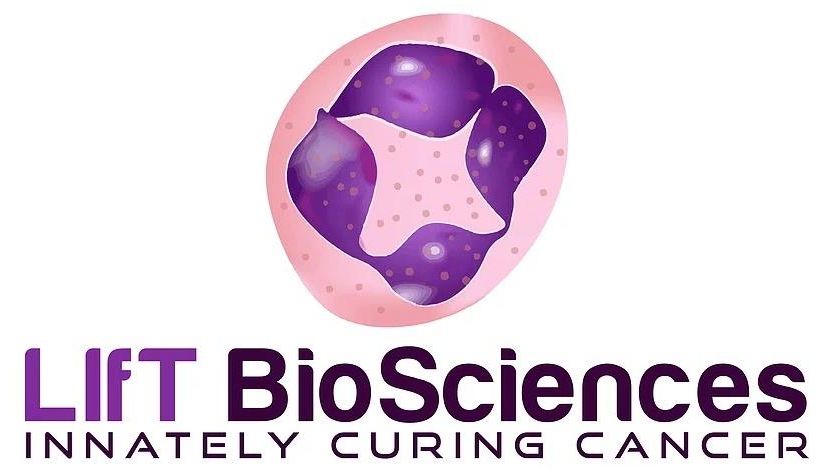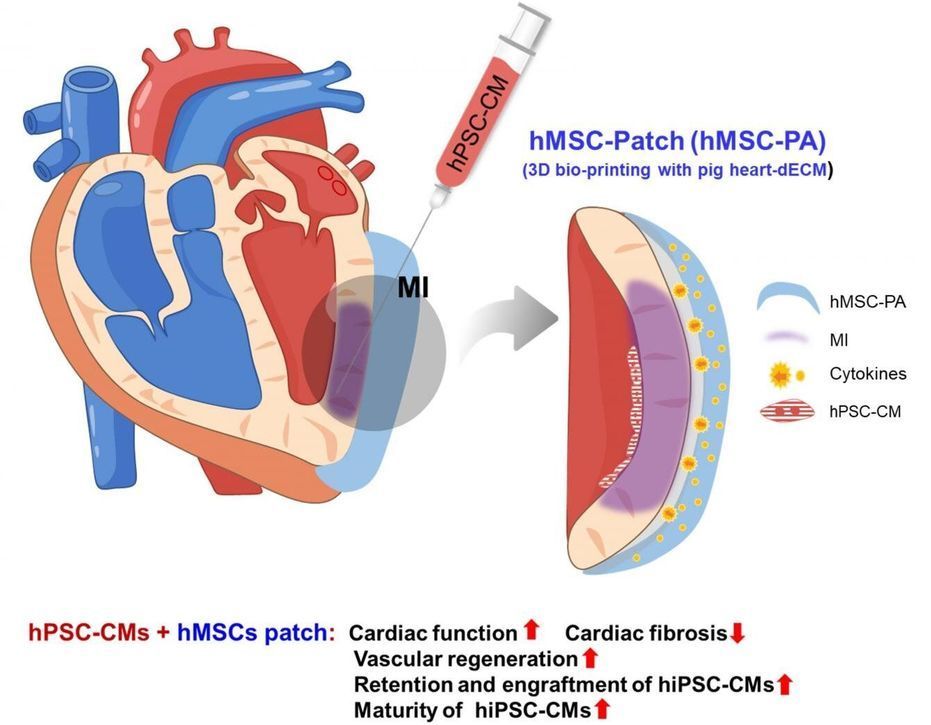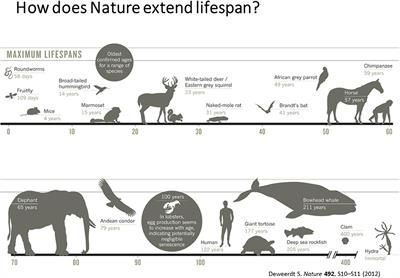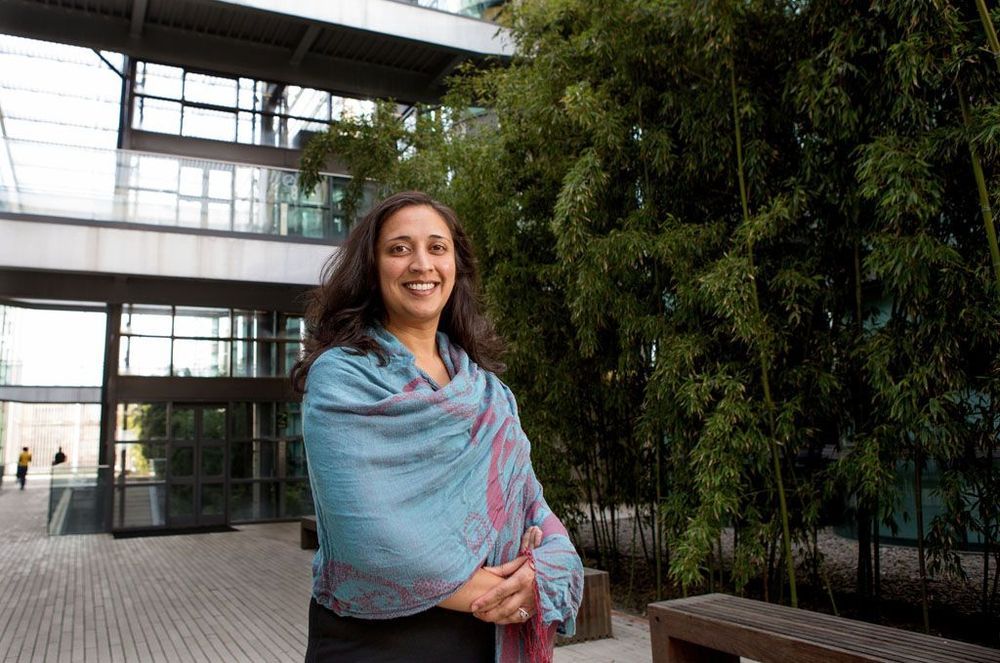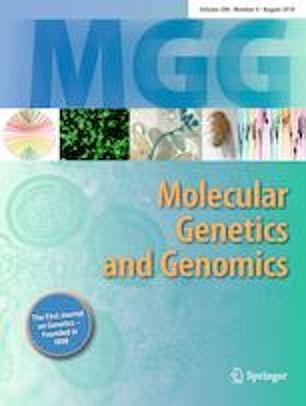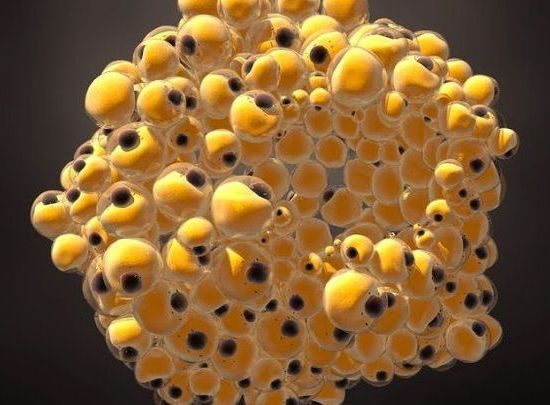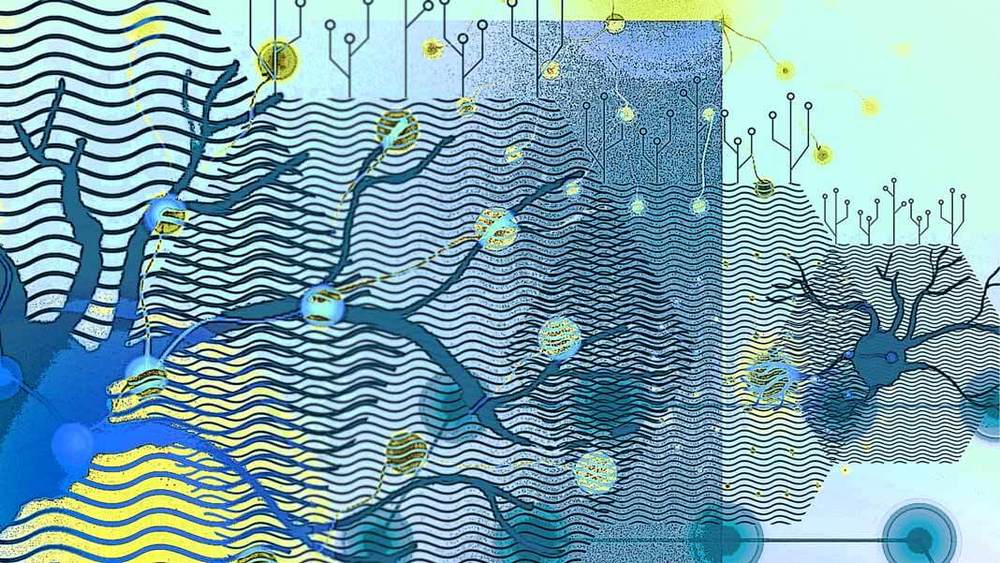People in Ethiopia did not live in low valleys during the last ice age. Instead they lived high up in the inhospitable Bale Mountains. There they had enough water, built tools out of obsidian and relied mainly on giant rodents for nourishment. This discovery was made by an international team of researchers led by Martin Luther University Halle-Wittenberg (MLU) in cooperation with the Universities of Cologne, Bern, Marburg, Addis Ababa and Rostock. In the current issue of “Science”, the researchers provide the first evidence that our African ancestors had already settled in the mountains during the Palaeolithic period, about 45,000 years ago.
At around 4,000 metres above sea level, the Bale Mountains in southern Ethiopia are a rather inhospitable region. There is a low level of oxygen in the air, temperatures fluctuate sharply, and it rains a lot. “Because of these adverse living conditions, it was previously assumed that humans settled in the Afro-Alpine region only very lately and for short periods of time,” says Professor Bruno Glaser, an expert in soil biogeochemistry at MLU. Together with an international team of archaeologists, soil scientists, palaeoecologists, and biologists, he has been able to show that this assumption is incorrect. People had already begun living for long periods of time on the ice-free plateaus of the Bale Mountains about 45,000 years ago during the Middle Pleistocene Epoch. By then the lower valleys were already too dry for survival.
For several years, the research team investigated a rocky outcrop near the settlement of Fincha Habera in the Bale Mountains in southern Ethiopia. During their field campaigns, the scientists found a number of stone artefacts, clay fragments and a glass bead. “We also extracted information from the soil as part of our subproject,” says Glaser. Based on the sediment deposits in the soil, the researchers from Halle were able to carry out extensive biomarker and nutrient analyses as well as radiocarbon dating and thus draw conclusions as to how many people lived in the region and when they lived there. For this work, the scientists also developed a new type of palaeothermometer which could be used to roughly track the weather in the region — including temperature, humidity and precipitation. Such analyses can only be done in natural areas with little contamination, otherwise the soil profile will have changed too much by more recent influences.
